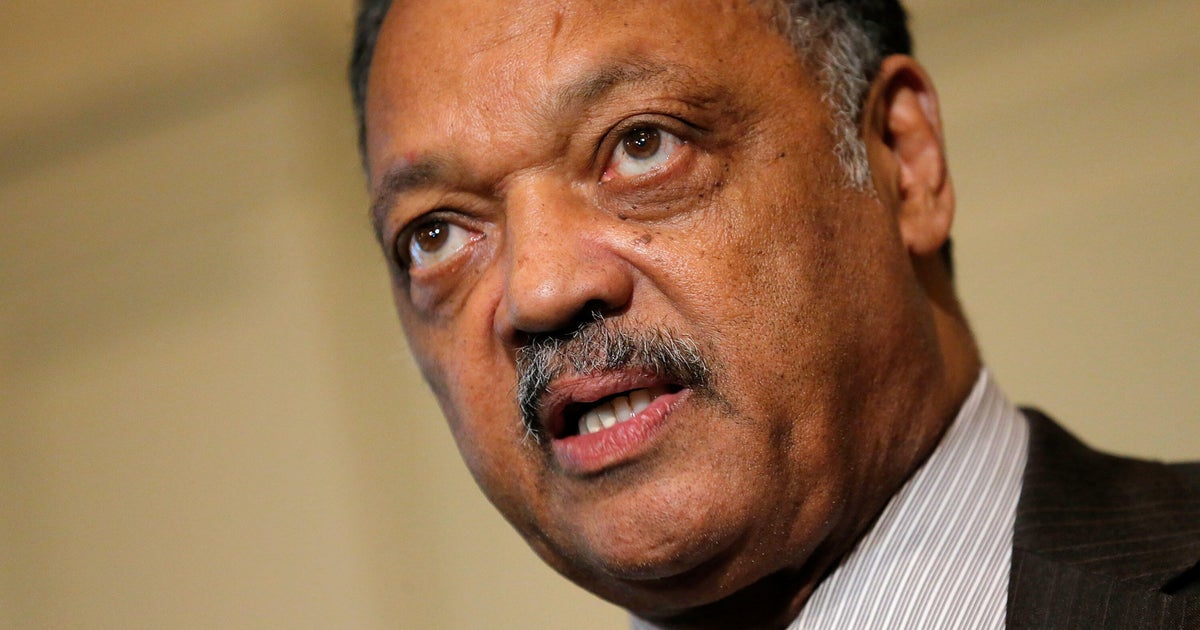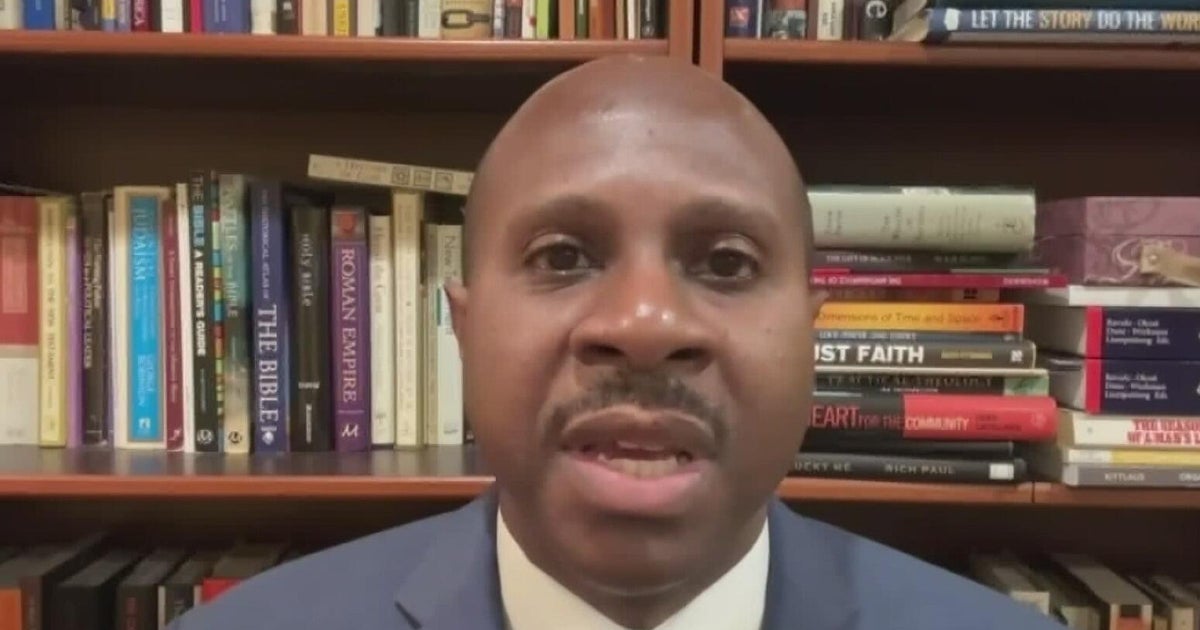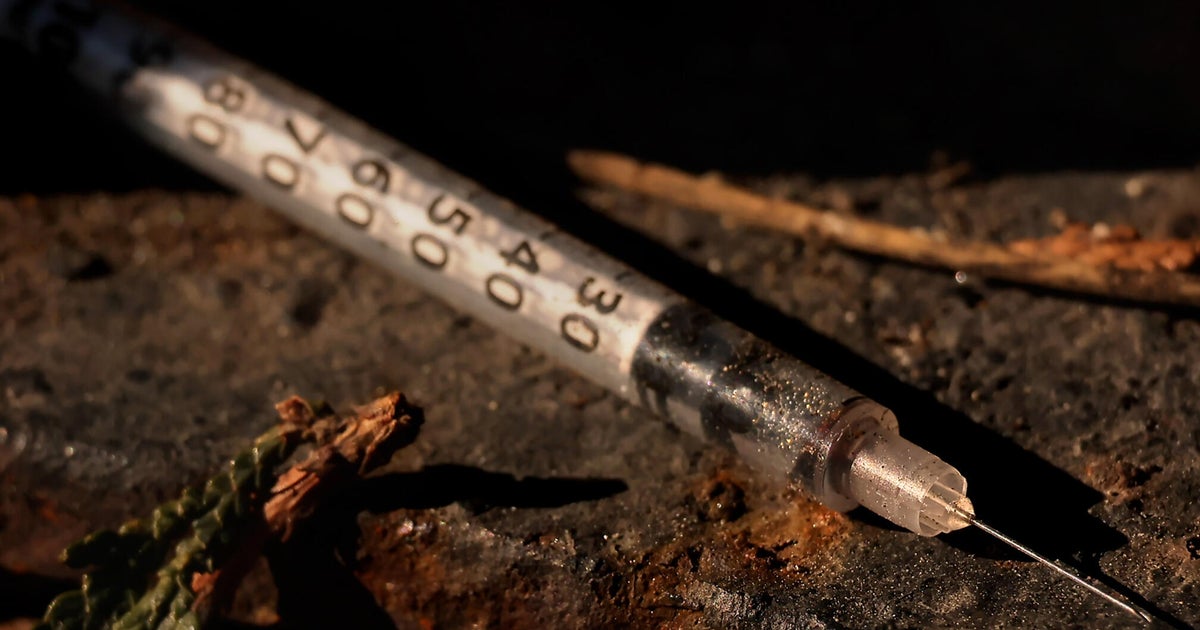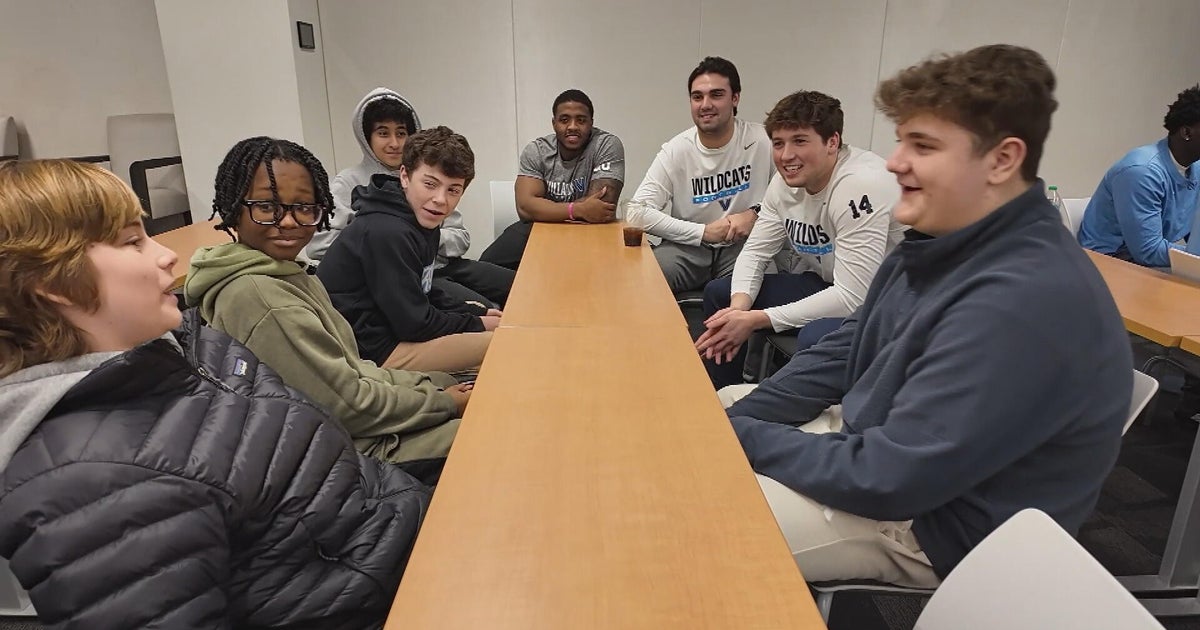Bernstein: Duerson News Won't Change Anything
By Dan Bernstein--
I wish I could agree with Rick Telander of the Chicago Sun Times. Really.
After working exhaustively on the tragic story of former Bears safety Dave Duerson -- his ruined life, meticulously-planned suicide, and the subsequent donation of his brain for study -- Telander believes that the ultimate disclosure of chronic traumatic encephalopathy will alter radically the way we think about football.
"There are now two eras in modern football," he wrote, "before Dave Duerson and after Dave Duerson. Call them B.D. and A.D., if you will."
Today, researchers at Boston University will announce their findings after examining Duerson's brain, per his wishes. They will present slides before a large, auditorium audience, pointing at brown-stained areas and explaining what tau proteins are. Judging from the size and scope of the planned proceedings (Duerson's ex-wife and their four children have been flown in for it), there will be no surprises. It sure looks like Duerson's self-diagnosis was correct, after he had spent enough hours on panels investigating similarly-afflicted ex-NFL'ers to know the telltale signs.
Bill Dwyre of the Los Angeles Times also expects the story to have a seismic effect on the way we see the game. "He has apparently martyred himself for a cause," Dwyre stated in a February piece. "And if he properly identified his symptoms…no amount of rationalizing or perseveration on head-injury issues – past or present – will be acceptable. The ticket-buying, TV-watching public, as shallow and oblivious as it can be about anything that disrupts its game-watching and team-worshipping, will not keep funding the future agony of athletes it adored."
Wanna bet?
My money rides on "shallow and oblivious."
It's more than that, truly. There are intelligent, informed people actively deciding to not think about the damage football does, because doing so causes painful, untenable cognitive dissonance.
Since the GQ story "Game Brain" appeared in 2009, chronicling Dr. Bennett Omalu, the discovery of CTE in NFL players and the league's shameful denials, discussion of the issue on our show has led to direct conversation and extensive correspondence with fans and players, as well as coaches and parents involved at the collegiate, prep and youth levels.
I have heard from high-school coaches who are in ethical knots about sending boys out to begin destroying their brain tissue, particularly those who have read the alarming Purdue University study from the Journal of Neurotrauma finding the damage done by routine, repeated, sub-concussive hits to the heads of high-school players.
But the power of the game's deep, cultural ties, especially in some areas of the country, overwhelms better judgment. Coaches rationalize by trusting blindly that helmets are sufficiently protective, and they line the kids up for practice.
I have read e-mails from terrified mothers steeling themselves to pick an impossible dinner-table fight, school administrators nervous about potential litigation, and dads deciding to steer talented, athletic sons to golf, largely because of the fall timing.
Far more often, though, I hear things like this: "Dad played, and he looks just fine. We're a football family in a football town in a football state. So it's bad for your head – like we didn't know that? You want to put your kid in a bubble? It's a tough sport for tough people, and you wouldn't know anything about that. You want to end football?"
Hardly. I love the NFL, and the violent, spectacular, Sunday tableau of millionaires killing each other to amuse us, and it's not going anywhere. I just want people to know about the damage football does before allowing their sons or themselves to jump into a cranking meat-grinder.
More importantly and directly – the essence of this, I guess – is that I want them to WANT to know.
One of the ironies of life in the age of modern media is that while more facts are available than ever – information pulsing in a swirl of charged particles zapped directly to our computers, TVs, tablets and phones at light-speed – it's now easier than ever to choose what we want to hear. We can opt for a news outlet that caters to a certain political bent, sanitizing and shaping stories, sanding away the rough edges of doubt. We can visit websites that sift through things so we are intellectually unchallenged, our long-standing feelings neatly reinforced. The kind of confrontation of ideas necessary for classical dialectic synthesis is bypassed.
Willful ignorance has never been more enabled, and the truth of football's risks will remain one of its victims, no matter how many demented, broken NFL players are publicized.
It's understandably easy to look at Duerson's distressing story, culminating in today's press conference, and see it as a watershed, shattering whatever matrix has been held in place by history, culture and Americana.
It's also wrong.
In time, perhaps, the game will be looked at differently. Such large-scale change for something as societally-rooted as football is slow, and generational. It's just too big to turn so fast, and too strong to want to.
We can try all we might to make Duerson's bleak death into something inspiring and positive, but it's hard to see what difference it can make any time soon.
Dwyre's vision of outraged fans refusing to consume the product is erroneous. "Future agony" will continue be funded fully, no matter what sobering details may emerge today.
Telander is among those calling for football itself to change, taking steps to lessen the amount and severity of head contact by adjusting rules, equipment or both. I assume he expects that the league will act drastically to do so, now.
I do not share that position, however, and can be categorized as one who has found a way to overcome the dissonance by carving out a specific position in favor of honesty and education. In that, I am part of the "problem," insomuch as I enjoy and appreciate the NFL because of its explosiveness and danger and want it just as it is. Yet it is the opposite of pretending not to know, or avoiding uncomfortable facts. Just come clean on how terrible this great game is, and try to get the word out so informed decisions can be made by players, coaches and parents.
I am an NFL fan – one not blind to the difficult paths to be navigated: the game's caretakers must find a way to treat inherently self-destructive players humanely, and consumers must build that island of mental comfort from which to watch.
If Dave Duerson is dead because football eventually ate his brain, add him to the lengthening list of casualties, and remember him well for trying to find a last bit of constructive value from an already devastated life.
This is football now, and as it has long been. As it will be.
Dan Bernstein has been the co-host of "Boers and Bernstein" since 1999. He joined the station as a reporter/anchor in 1995. The Boers and Bernstein Show airs every weekday from 1PM to 6PM on The Score, 670AM. Read more of Bernstein's blogs here. Follow him on Twitter @dan_bernstein.
Listen to The Boers and Bernstein Show podcasts >>







